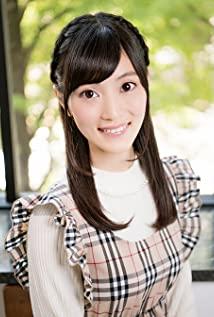There are spoilers, please be aware.
An unconventional film structure, extending the rhythm and style of the drama series is lazy in production, and it is not enough to watch at all, perhaps because of budget constraints. Solving the contradiction between the small boss and the big boss is very strange, and there is no foreshadowing in the middle. When watching the small boss, I thought that the small boss was not so easy, and I thought that anyone could think that the neck in the front of the car could not be so simple. I didn't expect it to be so simple. Although he was talking a lot of nonsense when he died, he was still talking a lot before he died, not to cause a bigger crisis, nor to have any connection with the big boss.
And the big boss is also a boss from the sky, there is no reason or foreshadowing, and the purpose is very strange. It has nothing to do with the train.
The handling of the protagonist is also an unconventional approach, which does not allow the protagonist to become the key to resolving conflicts in his growth, but completely becomes a bystander, making the audience feel like they are scratching their heads.
There are also a few uncomfortably connected points in the editing, which feel like there is no room for detail in the cycle.
It might be acceptable to think of it entirely as a theatrical version connecting episodes. But if you want to see it as a movie alone, it's completely unsatisfactory and deeply uneasy.
As the number one in Japanese film history, it does have many, many advantages.
Wonderful action scenes, top-level painting, the role of "Tutor" is handled very well, making it plump and three-dimensional, and the way of revealing is also ingenious, so the final emotional explosion is very strong and delicate. As one of the pillars, the exit stage is already very gorgeous. The four-member protagonist group has almost been reduced to supporting roles to foil him.
This theme also vividly shows Japan's aesthetic view of life and death. The Japanese have always lived to the death, and I can totally understand that this theme resonates with Japanese audiences.
Therefore, it cannot be said that Infinite Train as a whole as a movie is a good story, but it has achieved one thing: telling a character well, at the sacrifice of an important supporting role, serving the theme of the IP as a whole, and serving the theme of future dramas The episode and theatrical version have more to look forward to. This is enough, not to mention that it has been recorded in Japanese film history.
View more about Demon Slayer: Mugen Train reviews











